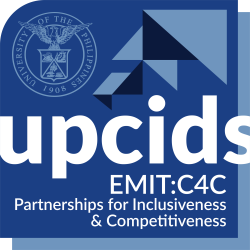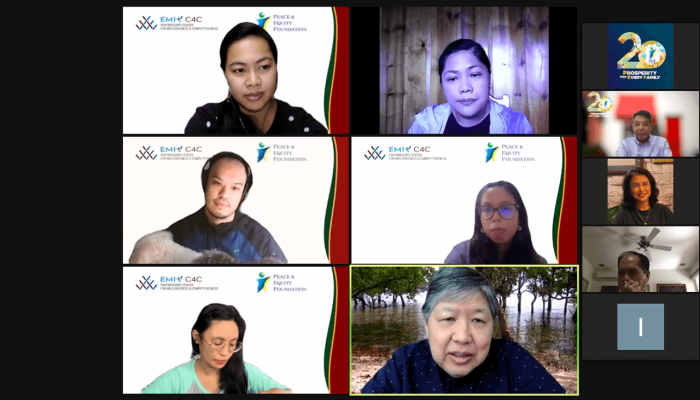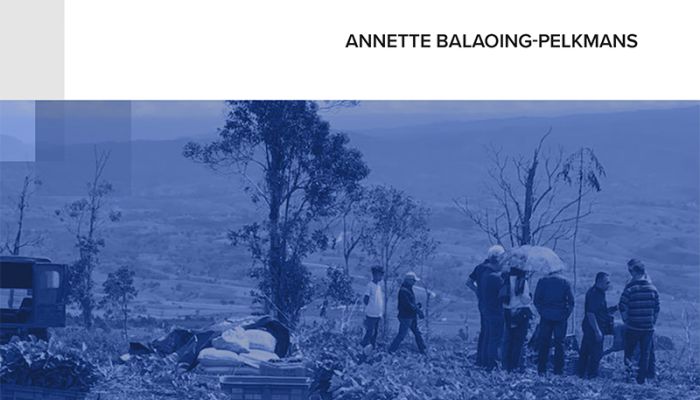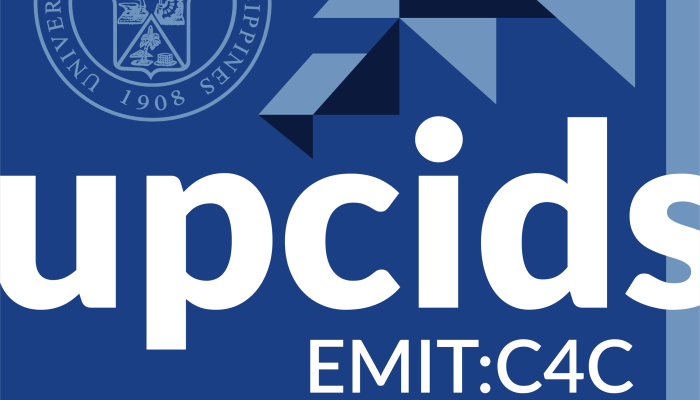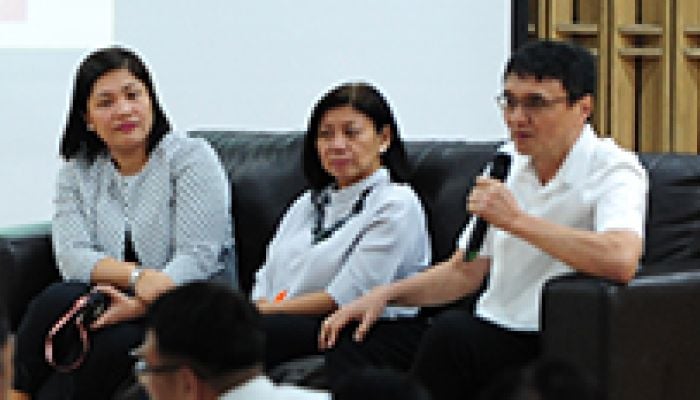Rationale
The Program on Escaping the Middle Income Trap: Chains for Change (EMIT C4C) traces its beginnings from the Escaping the Middle-Income Trap: Pragmatic Strategies for Inclusive Growth project undertaken by the University of the Philippines System (particularly the UP School of Economics and the UP College of Social Sciences and Philosophy), the Erasmus University Rotterdam (particularly the Rotterdam School of Management or RSM and the Erasmus School of Economics), and the Asian Institute of Technology in Bangkok.
From 2011 until 2016, the research consortium examined why, of the many countries that have managed to transition from a low-income to a middle-income country status, only very few have succeeded in joining the cluster of industrialized and rich economies of the world.
One of the key realizations of the EMIT research project is that the overall problem of the Philippines’ lack of competitiveness (especially vis-à-vis the closest ASEAN competitors) is the low and stagnant agricultural productivity and the dysfunctional supply chains in the sector. Key to the analysis is the fundamental interconnection between this competitiveness challenge and the lack of inclusiveness in the agricultural sector. Addressing the marginalization of smallholder farmers and producers is therefore not only a primary societal goal in order to restore their human dignity, but an economic (competitiveness) imperative as well to transition towards sustainable growth.
